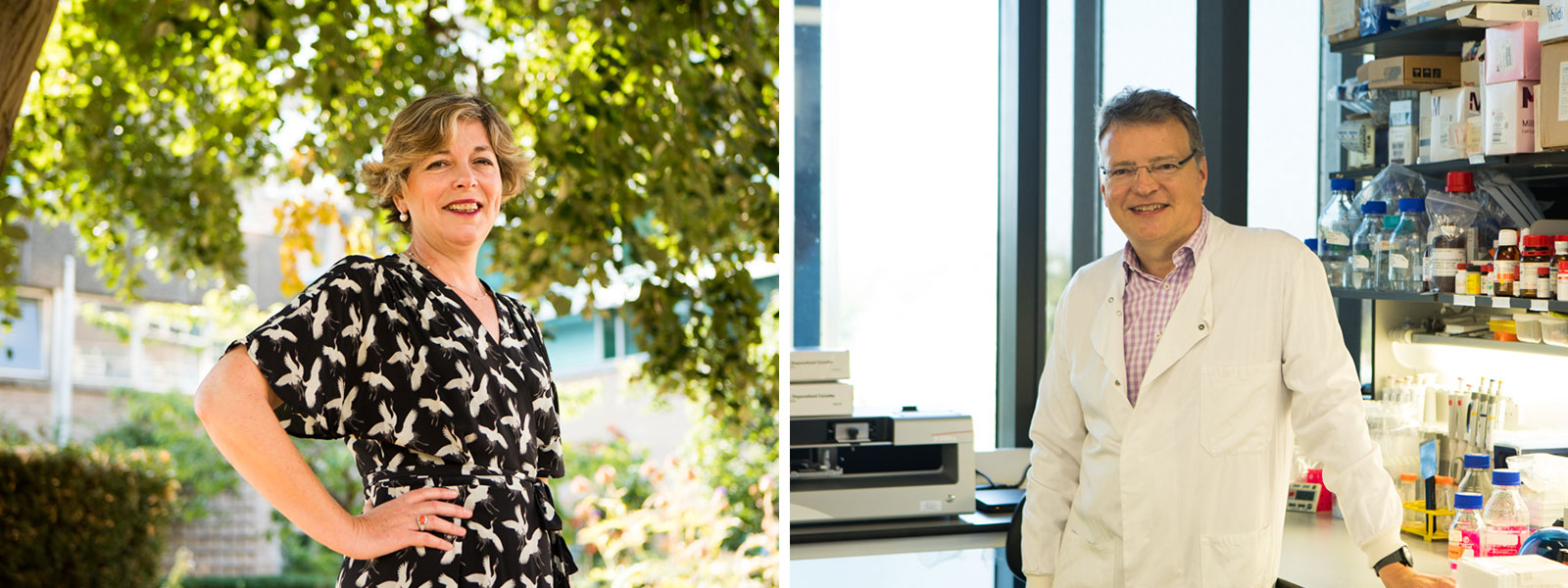When Prof. James Brenton was seeing one of his patients at Addenbrooke’s hospital recently for ovarian cancer treatment, he needed to review all her studies and treatments. The information was complex and lengthy: blood test results, genomic tests, imaging studies and reports from past therapy. Brenton hadn’t been able to attend the tumor board meeting the day before, where his colleagues — radiation oncologists, medical oncologists, radiologists, pathologists and surgeons — had reviewed her data. The recap from the meeting was helpful, but overly brief. Brenton sorted through the medical information available electronically, repeatedly switching from one source of information to another.
This scenario plays out every day in clinics across the UK and around the world. What would help Brenton, a medical oncologist and co-leader of the Mark Foundation Institute for Integrated Cancer Medicine (MFICM) at the University of Cambridge, is a single digital location that offers cancer care teams access to data from multiple systems in one view and via a single interface for ease of use. This would help clinicians make personalized treatment decisions for each patient’s cancer journey.
The good news is that the solution to these problems is in development. The University of Cambridge and Addenbrooke’s Hospital are collaborating with GE Healthcare to provide clinical expertise, data and evaluation of the application. Ultimately, Brenton and the other collaborators from MFICM and the Cancer Research UK Cambridge Centre hope to make digitally integrated cancer medicine available to clinicians throughout the UK, from diagnosis through each stage of treatment.
Brenton and Professor Evis Sala, a fellow doctor and professor of oncological imaging at the University of Cambridge, and co-leader of the MFICM, are confident in the concept. They’ve independently created a data integration framework and an algorithm for ovarian cancer data, but hit a wall trying to implement it in clinical practice. “In academia, we’re very good at the innovation part and doing it small scale in a controlled research environment,” says Sala. “But then actually getting a product to patients and making a difference, that’s where we need a collaboration with companies like GE,” which offers both digital infrastructure to support algorithm development via its Edison platform and the ability to expand the evaluation of an offering into more hospitals.
What will the GE Edison platform do?
The GE Edison Health Services platform is designed to integrate and aggregate data from multiple and diverse sources, including electronic health records (EHR), radiology information systems (RIS), medical device data, and laboratory and genomic results. With this project, data from multiple sources will be brought together making it easy to access all patient information – such as scans, clinical records and genetic results – from the same place at the same time.
Edison Health Services is also designed to host and deploy Artificial Intelligence (AI) algorithms relevant to a given portion of the workflow. These AI-enabled algorithms can for instance be used to help refine and explain complicated patient data, to help a clinician compare a patient’s information with that of other cancer patients, and to present the information visually. AI analysis and algorithms could also be designed to bring additional insights through radiomics, such as segmenting imaging studies to outline tumors and tissue borders (the thin line where cancer cells meet normal tissue) and showing other imaging patterns the human eye can’t detect.
These types of AI algorithms may allow the clinician to spend less time on complex but routine tasks and more time on higher level patient care. “These advances would mean that we hope to bring the high-quality research-led care from Cambridge University Hospitals to every hospital in the country,” Brenton says. What’s needed is a robust computational framework to plug in discoveries and evaluate them.
It starts with ovarian cancer
The collaboration will initially focus on ovarian cancer, partly because Brenton and Sala have significant experience in this area. But it is also addressing an unmet need. “Ovarian cancer is a relatively underfunded cancer with poor outcomes, and we need new systems to deal with its complexity,” Brenton says. Ovarian cancer lags behind some of the advances made in other cancers, like breast cancer, in treatments and outcomes.
Given the rarity of ovarian cancer, expertise is not widespread in all UK hospitals, says Brenton. If this collaboration works well, the Edison Health Services platform may help deliver a higher level of care to patients in additional oncology locations.
Ovarian cancer is the first disease that the collaboration will take on, and the collaborators hope that the project can be scaled to other cancer pathways in the near future.
Brenton adds: “By working with GE Healthcare we will greatly benefit from their business and software engineering skills, and their ability to work with other technologies to build solutions that we can then add value to. We are all tremendously excited about bringing these advances to patients to improve their care. This is a game-changing initiative that will help ensure rapid translation of our research into patient care.”


